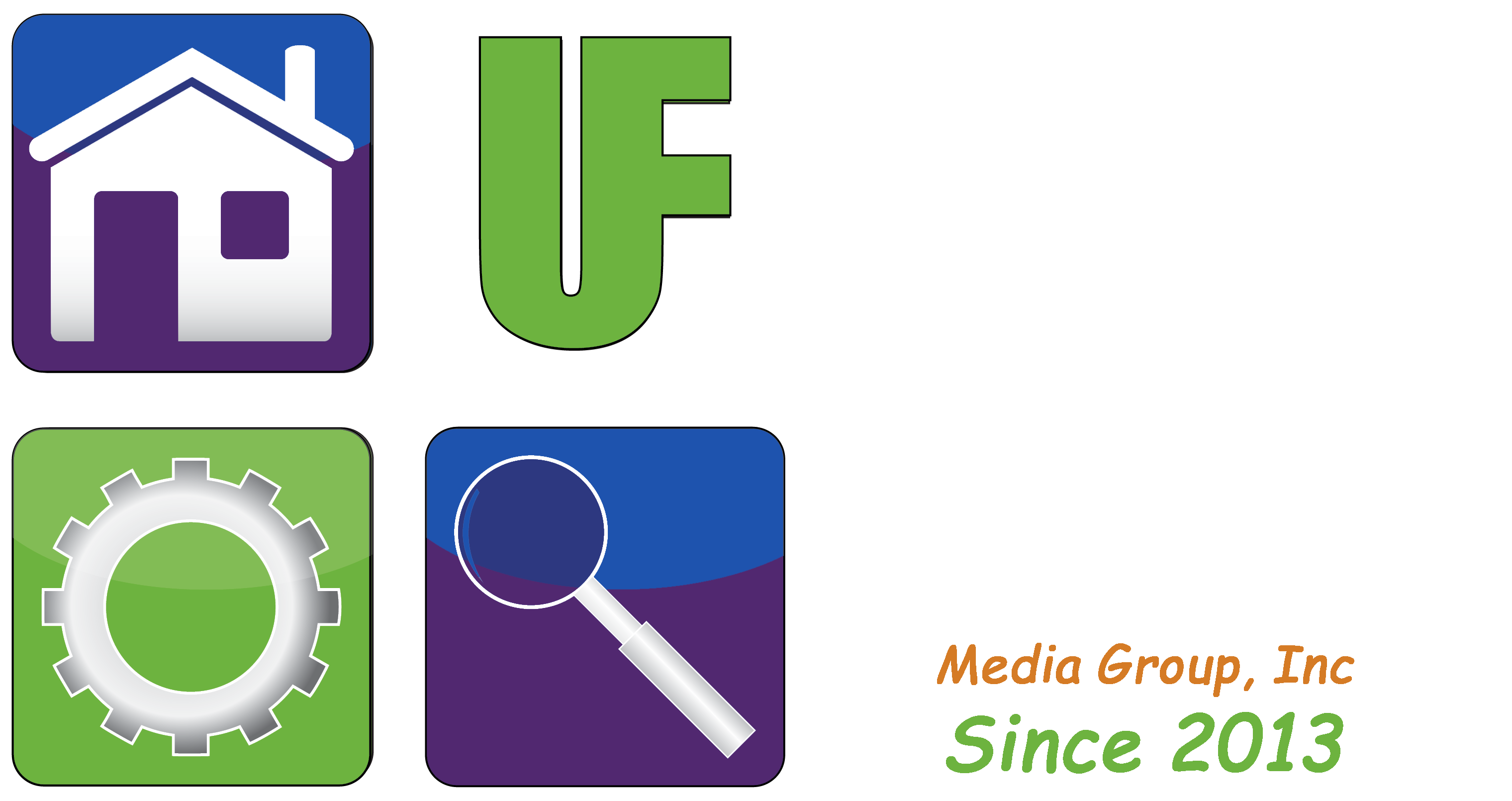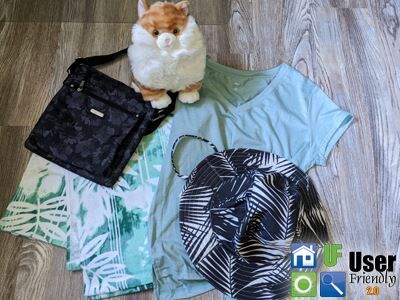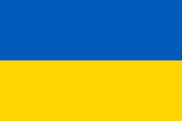By User Friendly 2.0
Recycled Materials in the MarketPlace
By: Gretchen Winkler
Host, User Friendly 2.0 Saturday’s at 5:00 p.m.
With today’s struggling economy and the ever growing need to be conscious of how humans affect the earth’s climate, many consumers may find themselves reading labels more often. Reading food labels has become standard for me, but I have also come to realize that I need to read the garment tag for materials that I am allergic to such as latex.
Consumers are concerned about prices, materials, and where these items are made. Many Americans would like to see more items made locally or by our neighboring countries. If Mexico and Canada are doing well, then perhaps the US might do well too.
It was while planning a trip that I started to realize that many of the items I purchased were all made from recycled material, either partially or completely made with varying degrees described within the tags. The first time I came across this, about two months ago, was a pair of dress boots and yarn. The yarn made from reclaimed materials was incredibly expensive, so I did not purchase it, and that left me with the impression that perhaps these items were not yet perfected. Perhaps the manufacturing process was too expensive and the cost had to be passed on to the consumer making these items sadly not so desirable.
And then this past week, I was pleasantly surprised. Affordable items made with reclaimed materials.
The first item is a beach towel found at Walmart for $12.88 and less because it was on clearance. The towel is made from 80% cotton and 20% SEAQUAL YARN, which is “a high quality 100% post-consumer recycled polyester yarn containing Upcycled Marine Plastic from SEAQUAL INITIATIVE.” The towel feels soft and sturdy and I hope it will last me years to come. A portion of the proceeds from the purchase will benefit the Sea Turtle Conservancy (STC).
The second item is a t-shirt purchased from Fred Meyer for $20.00 but was also on sale at the time. The shirt is made from 79% recycled polyester, 21% rayon, and 6% spandex. The brand is dip, and is somehow connected to a company called Inter-American Products. The shirt fabric also is soft and appears to be made well and I look forward to seeing how well it wears and washes.
Our third item is a purse made by a company called baggallini and was purchased from Costco for a much better price than what the tag suggested of $78.00. Costco sold it for $38.00. The tag claims that the purse materials will prevent the growth of bacteria and are RFID-protected. The tag states that the bag is made from 100% polyester, but does not specify how much of that polyester is recycled material. An added bonus is that the purse is hand washable, so that once it starts to look dirty, one can clean it and use it for a longer period of time. I used the purse on the trip and found the zippers, straps, metal loops, stitching, pockets, and basic body material to be well made and sturdy. It also looked nice. I was unable to verify the recycled materials on their website.
The next item is a hat (kaseberga) presumably made for and sold by IKEA. The price is $14.99. The tag states that the hat is 100% polyester (100% recycled), the lining 100% polypropylene, core filing polyethylene plastic, buckle; acetal plastic. It appears to be made well and has a fun black and white leaf pattern on it. So far we have had good luck with IKEA products and hopefully this one will last.
The last item on our list of purchases with recycled materials is a stuffed toy cat. The plush cat was purchased from the Seven Feathers Rest stop store in Canyonville, OR for just under $20.00. The toy is made by Aurora World, Inc., and their tag states that the fiberfill is made from 100% recycled plastics, the cloth labels are made from recycled materials, and plastic pellets are made from recycled plastics when used (don’t think this toy contains pellets). So a portion of this toy is made from recycled materials. And if you visit their website, you can see what other products are made with recycled materials. So this company is not just making marketing tags to encourage climate conscious consumers. And yes, the stuffed kitty appears to be well made and is very soft. The kitty just might be my favorite purchase of the group.
Gretchen Winkler has a degree in English literature and art and has been a creative writer, blogger, and editor for many years. She has been a co-host of User Friendly since 2014 where she works to explain technology and pop culture in a way that is approachable to everyone.
Links and brand/store information provided are for information only and are not endorsed by Salem Media Group, KPAM or the show’s hosts.
Have a question for Gretchen? Send it at https://www.userfriendlyshow.com/index.php/userfriendly/contactus


